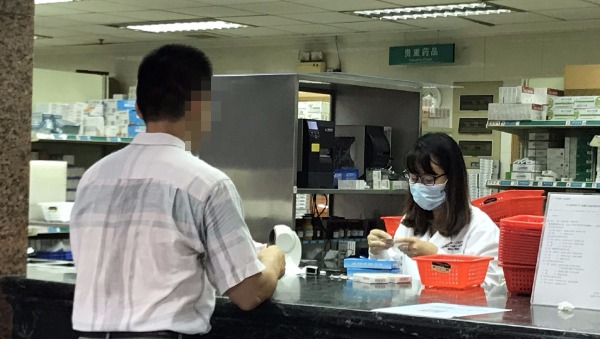China strives for affordable cancer drugs


Innovation needed
With the prices of cancer drugs substantially declining, demands are exploding nationwide, resulting in a shortage of some drugs in a few areas.
"The key to minimizing cost and reliance on imported cancer drugs is to raise our capability in research and development," said Zeng Yixin, vice director of the National Health Commission.
Data published by the National Cancer Center (NCC) showed that China saw 3.8 million new cases of malignant tumors and 2.3 million cancer-related deaths in 2014.
"Such a large population of cancer patients cannot rely solely on imported cancer medicines," said Shi Yuankai, deputy director of NCC. "China must advance the innovation capacity of its own pharmaceutical enterprises to meet the demand."
China has more than 4,000 pharmaceutical producers, of which over 90 percent produce generic drugs.
With policies to encourage drug research and innovation in recent years, China is forging ahead to make innovative drugs.
Independently developed domestic drugs, such as lung cancer-targeting drug Conmana and gastric cancer-targeting drug Apatinib, now offer a cheaper alternative to the more expensive imported drugs
In June, HYML-122, a drug targeting acute myeloid leukemia, was approved by the SDA for a clinical trial. It was developed by a research team from Hefei Institute of Physical Science. If the trial is successful, the drug will be put into clinical use in five years.
Liu Qingsong, the team leader, said they are striving to make cancer as controllable as chronic diseases like high blood pressure and diabetes. "Our goal is to enable cancer patients to live a normal and fulfilling life."




































